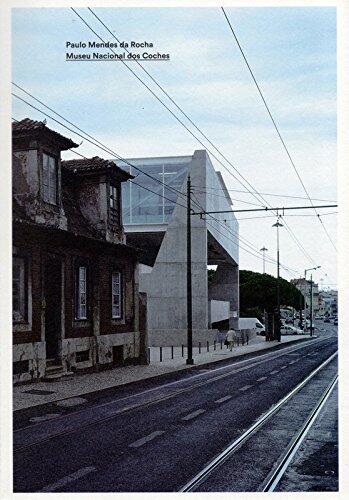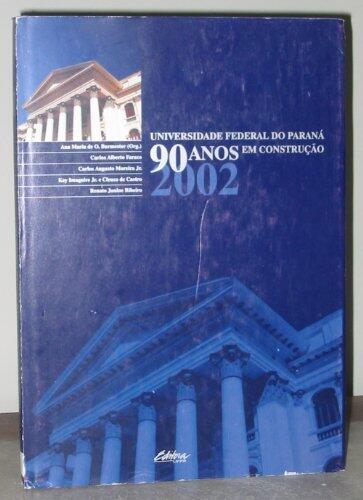
O vandalismo no Rio Grande do Sul: Antecedentes da Revolução de 1893
بواسطة
Euclydes B. de Moura
لا توجد تقييمات بعد
History
تنسيق
غلاف ورقي
صفحات
283
لغة
البرتغالية
منشور
Jan 1, 2000
الناشر
Martins Livreiro Editor
الطبعة
2a ed
رقم ISBN-10
8586232874
رقم ISBN-13
9788586232879
الوصف
Euclydes B. de Moura explores the complex and turbulent world of Rio Grande do Sul in the lead-up to the Revolution of 1893. Through meticulous research and vivid prose, he delves into the social and political landscape that characterized this pivotal moment in Brazilian history. The book offers insights into the motivations and actions taken by various factions, shedding light on the underlying tensions that ultimately sparked widespread conflict.
De Moura's examination is not just a recounting of events; it is an exploration of the ideologies and aspirations that drove these actors to protest and resist. He provides a nuanced understanding of how local grievances intersected with larger national issues, creating a perfect storm of dissent. The author paints a vivid picture of the era, highlighting the cultural and emotional stakes involved.
By revisiting the events that led to the revolution, readers are invited to reflect on the broader implications of social unrest and the quest for justice. De Moura’s work stands as a significant historical analysis, offering valuable context for those interested in the intricate dynamics of power and resistance in Brazil.
De Moura's examination is not just a recounting of events; it is an exploration of the ideologies and aspirations that drove these actors to protest and resist. He provides a nuanced understanding of how local grievances intersected with larger national issues, creating a perfect storm of dissent. The author paints a vivid picture of the era, highlighting the cultural and emotional stakes involved.
By revisiting the events that led to the revolution, readers are invited to reflect on the broader implications of social unrest and the quest for justice. De Moura’s work stands as a significant historical analysis, offering valuable context for those interested in the intricate dynamics of power and resistance in Brazil.



















